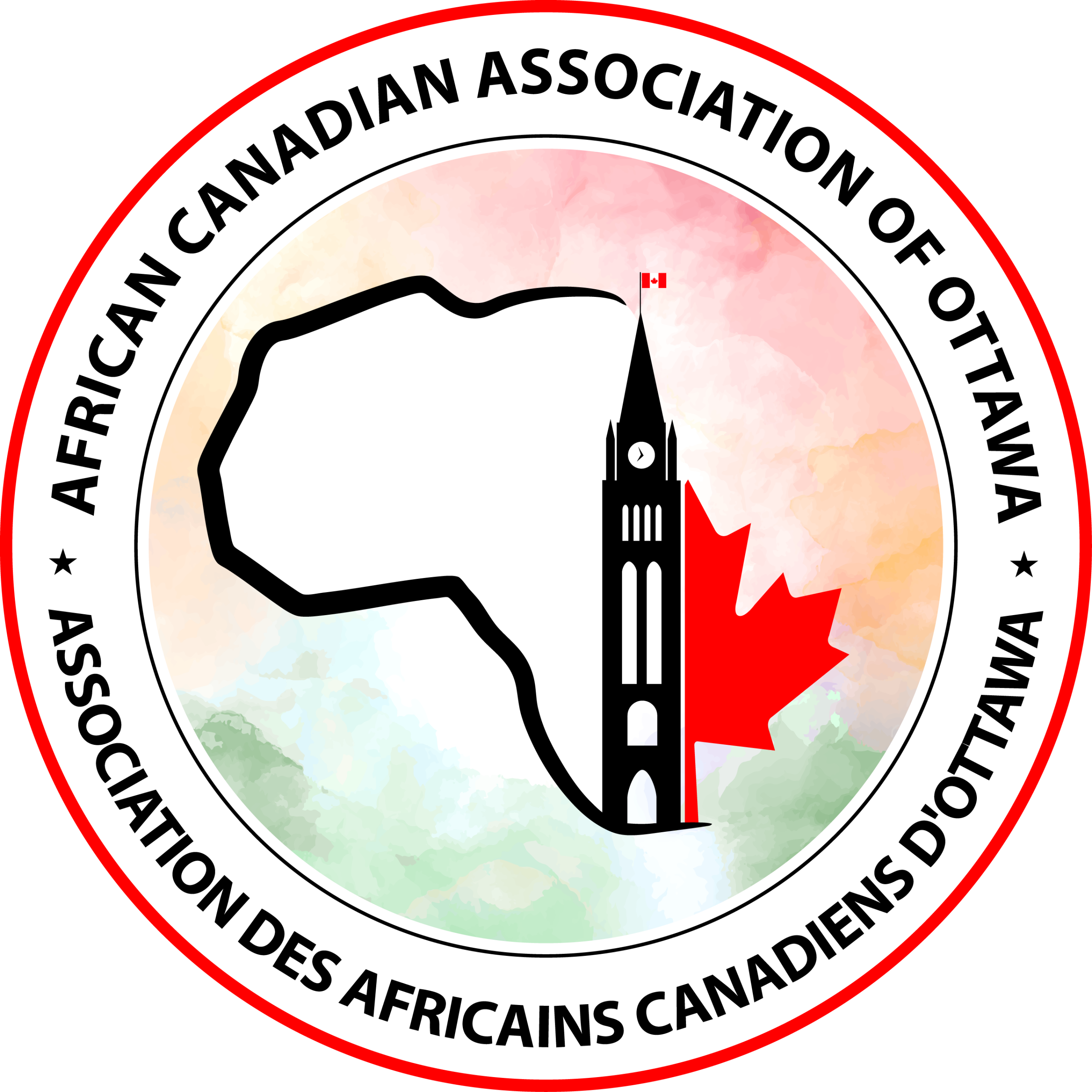The Canada Border Services Agency (CBSA) has reportedly terminated the sister of Shania Lavallee, an Ottawa woman who allegedly posted a Snapchat video online that seemed to be mocking George Floyd’s death. Her sister, Justine Lavallee, had indicated on her social media profile that she was a Program Officer at the CBSA. In a screenshot ...
Equity/Anti-Black Racism
4 July 2025 In Articles, Criminal Justice, Equity/Anti-Black Racism By noel
Ottawa Police Officer Charged In Racist Meme Investigation
An Ottawa police officer has been charged in connection with one of two racist memes that were being circulated within the Ottawa Police Service. Ottawa Police Chief Peter Sloly announced that the officer was charged under the Police Services Act in relation to the creation and distribution of the image, which pictured 13 racialized members ...
4 July 2025 In Equity/Anti-Black Racism, News, Our Health By noel
Toronto Declares Anti-Black Racism A Public Health Crisis
Toronto has officially declared anti-Black racism a public health crisis in the city. The move comes a week after a coalition of Black health leaders, backed by NDP leader Andrea Horwarth, called on the Ford government to formally recognize anti-Black racism as a public health crisis. The motion, introduced by Joe Cressy, was unanimously approved ...
4 July 2025 In Equity/Anti-Black Racism, News By noel
CBC Host Wendy Mesley Suspended For Using ‘Careless’ Language
CBC News host Wendy Mesley has been suspended for using a "word that should never be used" during an editorial discussion about Black Lives Matter and media coverage of racism. Mesley took to Twitter to explain herself, claiming she "quoted" another journalist she was planning to interview on a panel, but did not identify the ...
4 July 2025 In Economic Integration, Equity/Anti-Black Racism By noel
Jessica Mulroney Gets Dropped By 4 Companies Over ‘Textbook White Privilege’
CTV has parted ways with Jessica Mulroney and pulled her new reality show I Do, Redo from all Bell Media channels and platforms after she was accused of trying to silence a Black Toronto influencer and ruin her career. Canadian blogger and marketer Sasha Exeter alleges things went left once she put out a call ...
4 July 2025 In Criminal Justice, Equity/Anti-Black Racism, Social Justice By noel
Beyond Abolishing the Police, We Must Decriminalize Our Imagination
I was swiping through Instagram stories when I saw a humorous TikTok video poking fun at the pressure that many parents feel to stay calm when disciplining their children in public. Embarrassed, they timidly smile at onlookers and diplomatically negotiate with their screaming kid, only to blow up with rage and reach for the belt ...
4 July 2025 In Articles, Equity/Anti-Black Racism, Social Justice By noel
If You Directly Benefit From Racism, Should You Be Profiting As An Anti-Racism Expert?
If You Directly Benefit From Racism, Should You Be Profiting As An Anti-Racism Expert? Janice Gassam Asare – Senior Contributor, Diversity & Inclusion The racial reckoning that was sparked by the killing of Ahmaud Arbery and George Floyd has left the world analyzing anti-Black sentiment and Googling terms like ‘anti-racist’ and ‘diversity’ at increased rates. ...
4 July 2025 In Equity/Anti-Black Racism, Issues & Opportunities, Social Justice By noel
African Students Rescued From Ukraine
Russia had decided to invade Ukraine on February 24, 2022, which created a cascade of tragedy and suffering for its citizens. This also created a lot of fear and uncertainty in the EU as a whole, since many leaders are left wondering if their country will also face Russia's tyranny. This blog post, however, touches ...
4 July 2025 In Articles, Equity/Anti-Black Racism By noel
Ontario Government Gives Police Access To COVID-19 Patient Database
A Canadian Human Rights organization is sounding the alarm after Ontario quietly gave police services access to a new database with the names, date of birth, and address of everyone in the province who has tested positive for COVID-19. The emergency order, issued by the Ministry of Health back in April, allows the personal information ...
